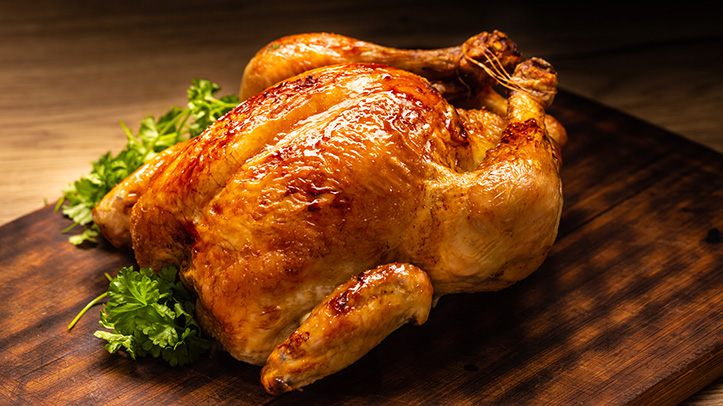Tackling food inflation is about more than just managing costs, and is also inextricably linked to securing and expanding the UK’s national food capability, according to the British Poultry Council (BPC).
Inflation has been a hot topic in the national media, with the Bank of England reporting that food inflation remains higher than overall inflation. July prices are up 4% year on year, driven by higher input costs, increased energy prices, labour costs, and global volatility.
Food inflation is squeezing budgets across the UK, and lower income households are disproportionately affected.
Addressing the topic, the BPC said that behind rising prices lie complex challenges, from trade disruption and pressure on land to gaps in investment that threaten the UK’s ability to produce food efficiently and sustainably.
Standard poultry production underpins the UK’s ability to produce safe and affordable poultry meat, the trade body stressed, as it enables close management of bird health and welfare and efficient use of resources.
“While other production systems have a role to play, the scale and stability of indoor production make it essential to feeding the nation,” it continued. “Undermining this capacity – whether it be loss of productive land, policy misalignment, or trade disruption – risks eroding one of the most reliable pillars of British food supply.”
Equitable allocation of land
The BPC stressed that as more land cannot be grown in the UK, it must be allocated equitably between food production, housing, environmental recovery and other infrastructure. The Land Use Framework is expected to play a major role in balancing needs, ensuring sectors and communities have the space and resources they require, and stabilising the costs that directly impact food inflation.
“Without such coordination, we risk reducing our self-sufficiency, driving prices higher, and making the UK more vulnerable to global shocks,” the BPC said.
The organisation also called for a UK-EU reset to secure efficient trade flows, cut red tape and additional costs, and protect the supply of safe, affordable British poultry meat, noting that current friction undermines both producers and consumers.
“It has driven price increases and food waste, both of which feed into inflationary pressure on everyday food items,” it said. “A pragmatic and cooperative approach with our largest trading partner will strengthen supply chains and keep poultry meat affordable for households.
The BPC also pointed out that tackling food inflation isn’t just about price management in the short term, it is about the country’s longer-term capacity to produce food affordably and sustainably.
“Our food security is one thing but our national food capability is another thing entirely,” it concluded. “Ensuring we have the infrastructure, inputs, and investment to keep production possible in the face of global volatility. Tackling food inflation requires protecting and expanding the UK’s capacity to produce food affordably and sustainably. This demands investment at every point in the supply chain to allow British producers to thrive.”


